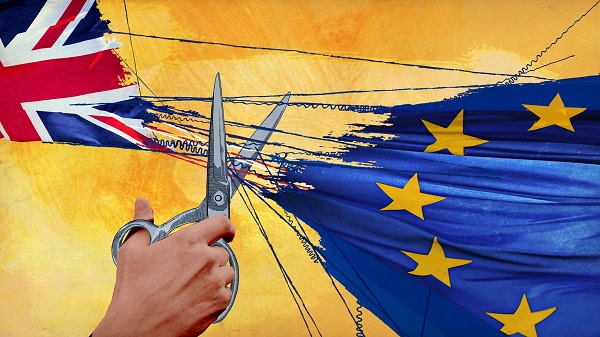Technology start-ups want UK to remain in EU

It took Bernhard Niesner two months to relocate Busuu, a peer-to-peer language tuition business, from Spain to London in 2012.
When he started, none of his 10 employees had a British passport but Austrian-born Mr Neisner was drawn to the favourable tax and visa regime that made the UK a breeding ground for ambitious technology start-ups.
“It was a no-brainer,” he said.
But if Britain votes to leave the EU on June 23, Mr Niesner believes he could be calling the movers again, this time heading for Berlin. “I am pretty sure there could be an exodus of European founders and start-ups that do a lot of business outside the UK,” he said.
Since just 5 per cent of Busuu’s revenues come from Britain, compared with 25 per cent from Germany, there are compelling reasons for Busuu to leave for continental Europe’s biggest venue for tech start-ups, Mr Niesner said.
Many of Mr Niesner’s peers agree, according to the industry body Tech City UK, which found that 70 per cent of a poll of 240 technology founders and investors want Britain to remain.
Access to the EU single market was the most commonly cited reason for staying, followed by access to skilled European employees and Britain’s ability to attract technology companies.
Britain is seen as a stepping stone into Europe for many digital companies, according to Gerard Grech, Tech City’s chief executive.
“The ability to attract international companies and investors to Britain has helped position London at the centre of Europe’s digital economy,” he said. “Many tech founders and investors are wary that London’s advantage could be eroded in the event of a vote to leave.”
Britain’s tech start-up culture matters economically because it has been one of the few high-growth sectors in recent years. A record $3.5bn was raised in 2015 by UK-based technology companies, which together provide 1.56m jobs.
Britain also plays host to an estimated 43 per cent of the “unicorn” tech companies, so called because they have achieved the rare feat of a $1bn valuation.
Among these is Farfetch, an online fashion business, which has just moved to bigger premises a stone’s throw from Busuu in one of several skyscraper offices shooting up around the Old Street roundabout on the edge of London’s financial centre.
————————-
UK’s EU Referendum: How people would vote

For a more detailed summary of opinion polling visit the FT’s Brexit poll tracker page
————————-
José Neves, Farfetch’s founder and chief executive, distrusts both the unicorn moniker and the prospect of Brexit, describing it as “extremely adverse” to British fashion companies, most of whose trade is done with EU countries.
Many tech founders have declined to speak publicly about the EU referendum because they do not want to get involved in politics, said Nic Brisbourne, the London-based early-stage tech investor. But this does not mean they are not concerned.
“Brexit is one exit the tech sector does not want to see,” Mr Brisbourne said.
Those who have spoken out, like Mr Niesner, complain about the tone of the debate so far, arguing that too little has been said about the potential for Britain to lead reform in the EU.
“The EU is not a perfect solution but as most people in the tech industry know with the first website or smartphone app they put out, you have to start with something that you can improve over time,” he says.
“I am very concious that there is a lot to improve about the EU and I would love the UK to take more of a leadership role in bringing that about.”
————————-
UK’s EU referendum: full coverage and analysis

View the FT’s comprehensive guide to the vote on whether Britain should stay in Europe, with all the latest news, analysis and commentary from both sides of the debate. See more
————————-
Comments